Health
-

Six cancers rising faster in younger adults than older ones
Large new global study fuels growing concern over trend of increases in several types

-

What’s next for GLP-1s?
Scientists eye new treatment targets for popular weight-loss drugs, from heart failure to addiction
-

Pricey blockbuster GLP-1s are costing users — and most of the rest of us, too
Health insurers are passing along cost for coverage in form of higher rates across the board, policy researcher says
-

Drinking 2-3 cups of coffee a day tied to lower dementia risk
Caffeinated tea also found to slow cognitive decline in study

-

New AI tool predicts brain age, dementia risk, cancer survival
Unlike other AI models, BrainIAC needs limited data to ID key neurological health indicators

-

It’s time to get more comfortable with talking about dying
Palliative care physicians offer advice for end-of-life conversations between patients, loved ones
-
DNA damage linked to plastic additive
New findings shed light as to how DEHP, a common chemical in plastic, may impact human reproductive health.

-
Troubling predictions
Researchers predict a marked rise in American adults with obesity or severe obesity in 10 years, leaving several states with obesity prevalence close to 60 percent.
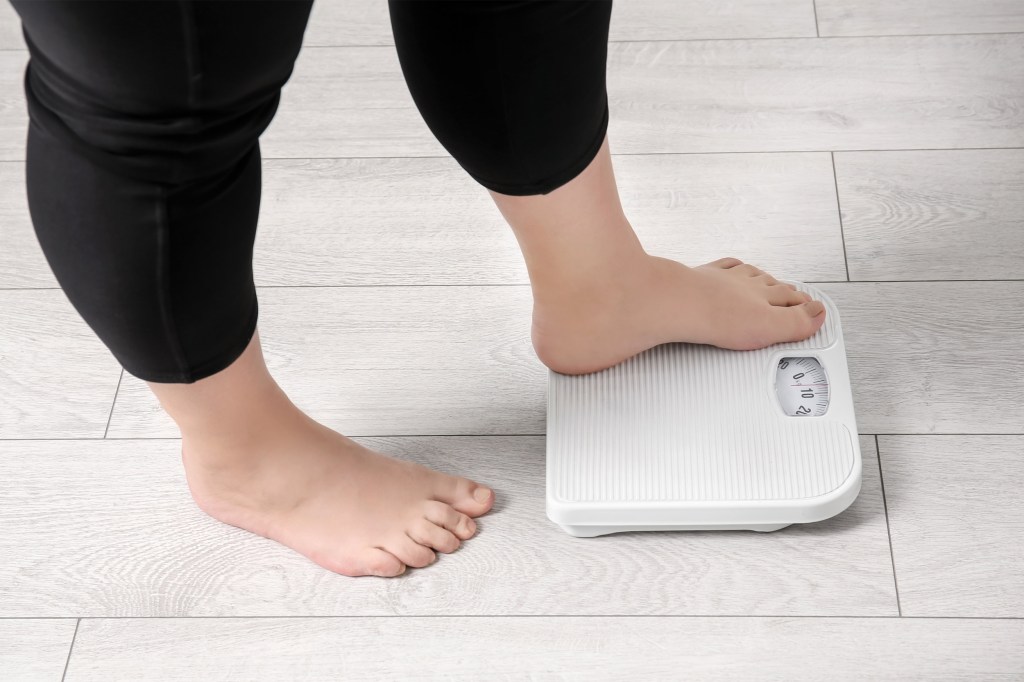
-
An algorithm to help predict Alzheimer’s
Researchers have developed a software-based method of scanning electronic health records to estimate the risk that a healthy person will receive a dementia diagnosis in the future.
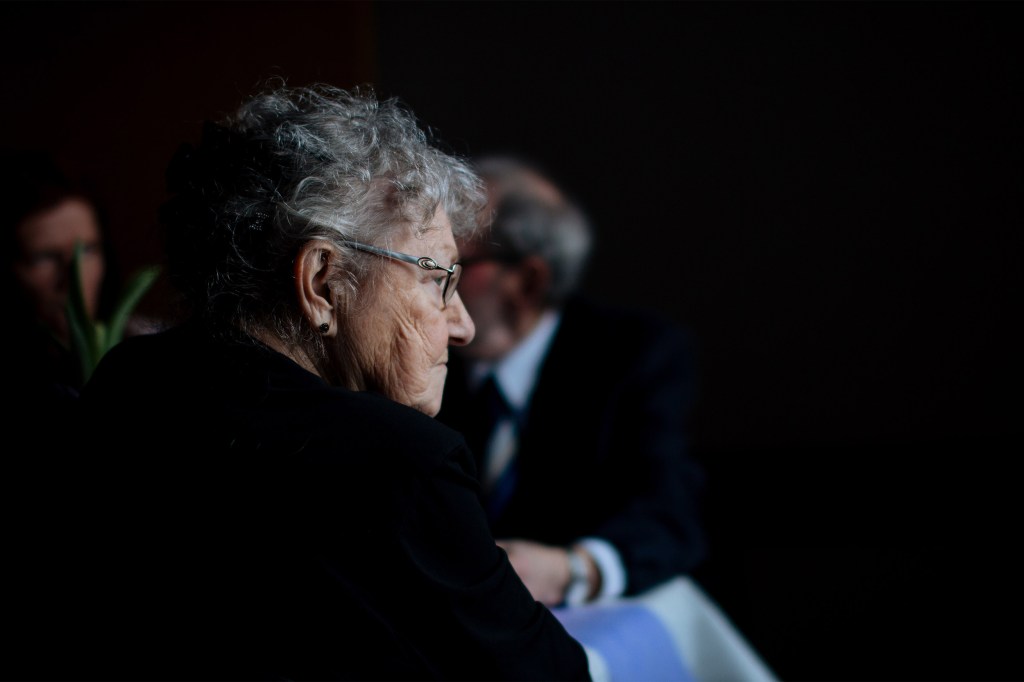
-
Merry and bright?
Natalie Dattilo discusses how the holiday season can trigger the blues — and how to help avoid them.

-
Home hospital model reduces costs by 38%, study says
The first randomized controlled trial of the home hospital model in the U.S. reports improvements in health care outcomes while reducing costs by 38 percent.
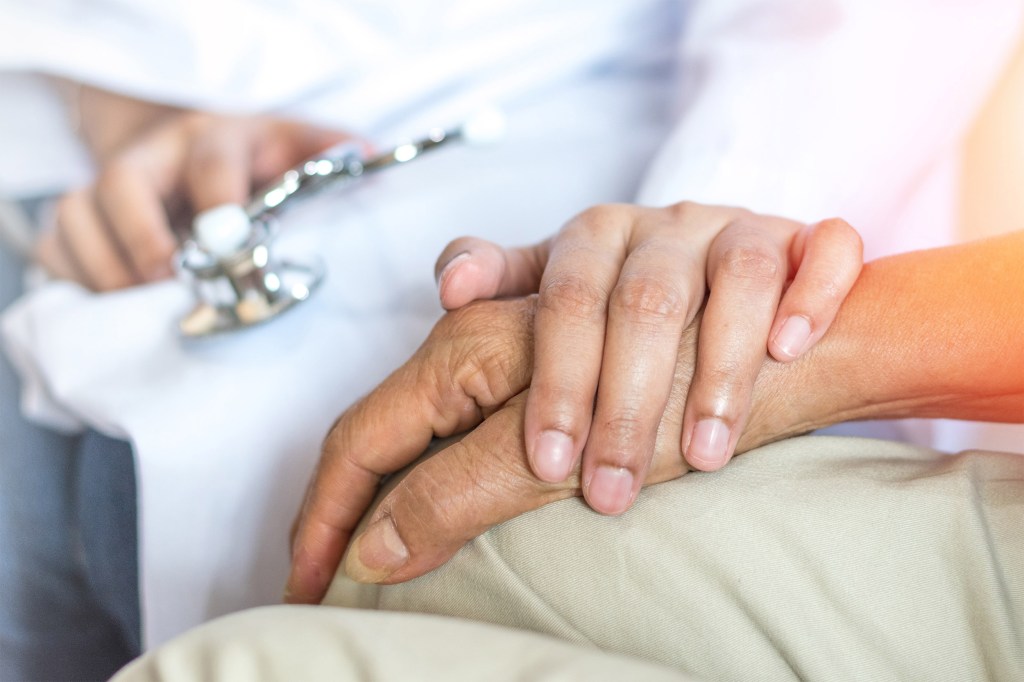
-
Pediatric antibiotic exposure ‘alarming’
A new study has found that between 2007 and 2017, children in eight low- and middle-income countries received, on average, 25 antibiotic prescriptions from birth through age 5 — up to five times higher than the already high levels observed in high-income settings.
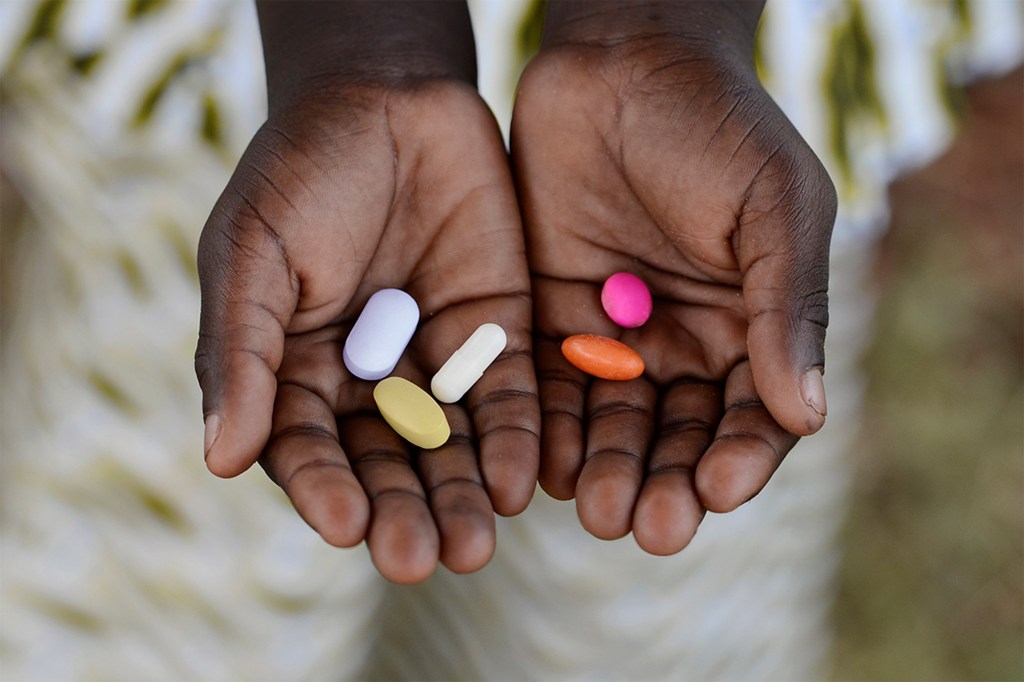
-
Fewer Americans are getting primary care
A national analysis revealed an alarming decline in primary care use, which is associated with better health outcomes than episodic, inconsistent care. The decline was most pronounced among younger Americans and those without complex medical conditions.
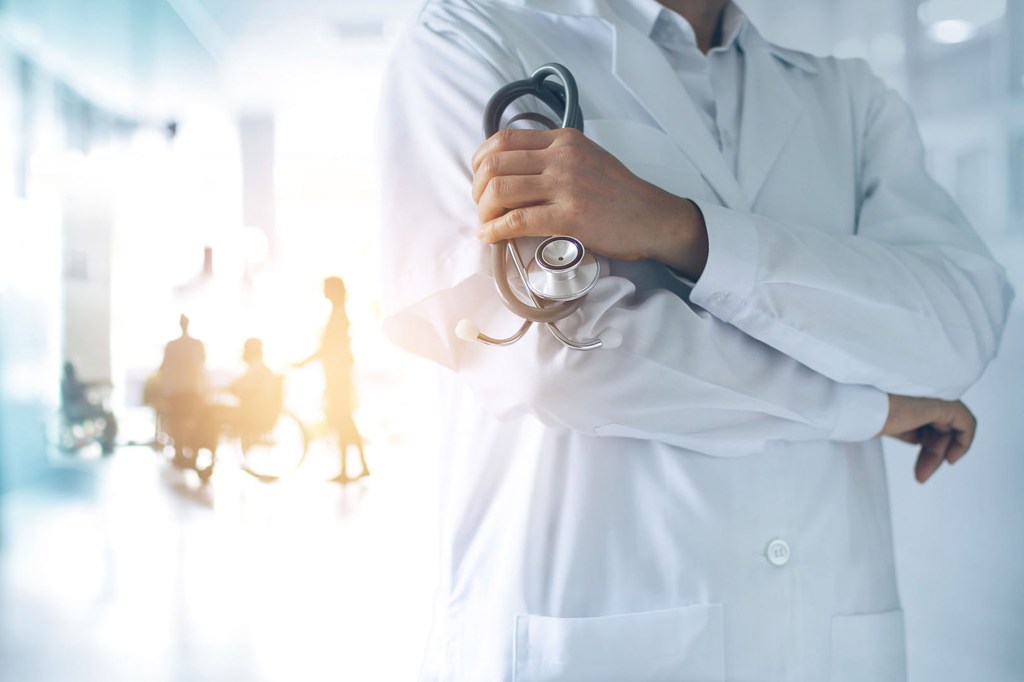
-
Psychology’s new openness to religion
A McLean psychologist has pioneered a program that aims to bring together two key emotional forces at work in patients’ lives: spirituality and counseling.
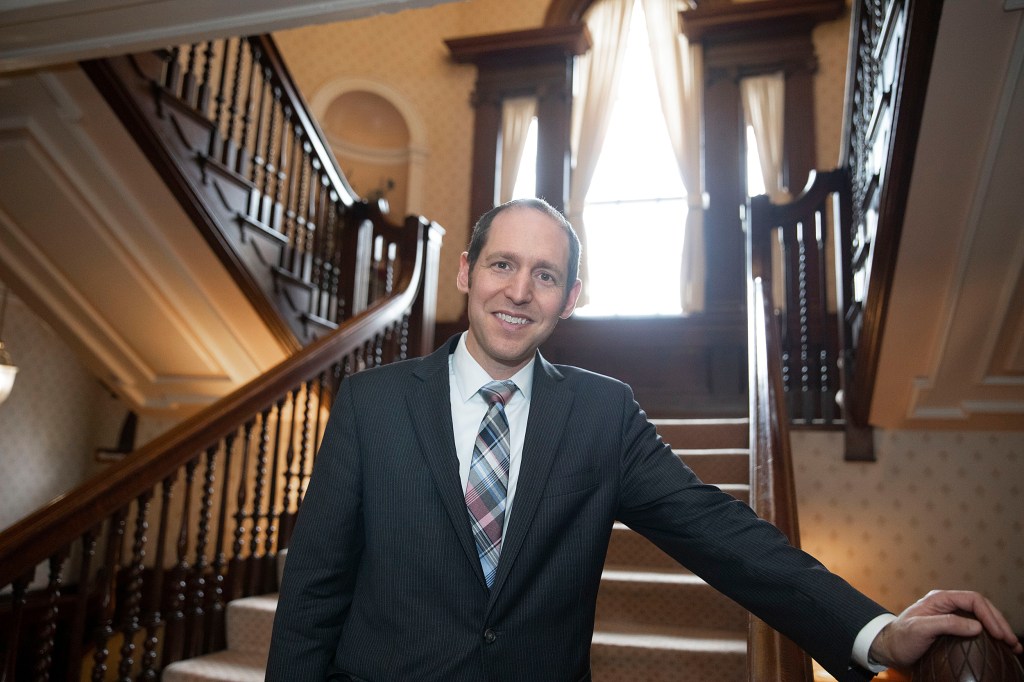
-
More than a watchdog
A study in mice shows the nervous system not only detects the presence of Salmonella in the gut but actively stops the organism from infecting the body by shutting the cellular gates that allow bacteria to invade the intestine and spread beyond it.
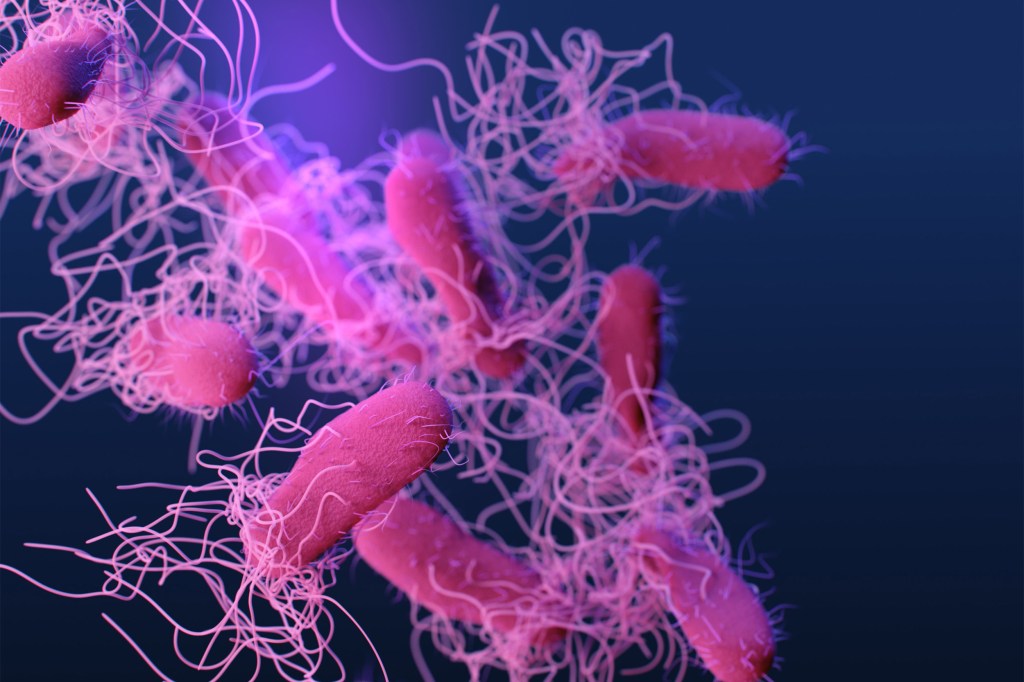
-
Inflammatory processes may play role in ALS
Accumulating evidence suggests that inflammatory processes may play a role in the initiation and progression of amyotrophic lateral sclerosis (ALS).
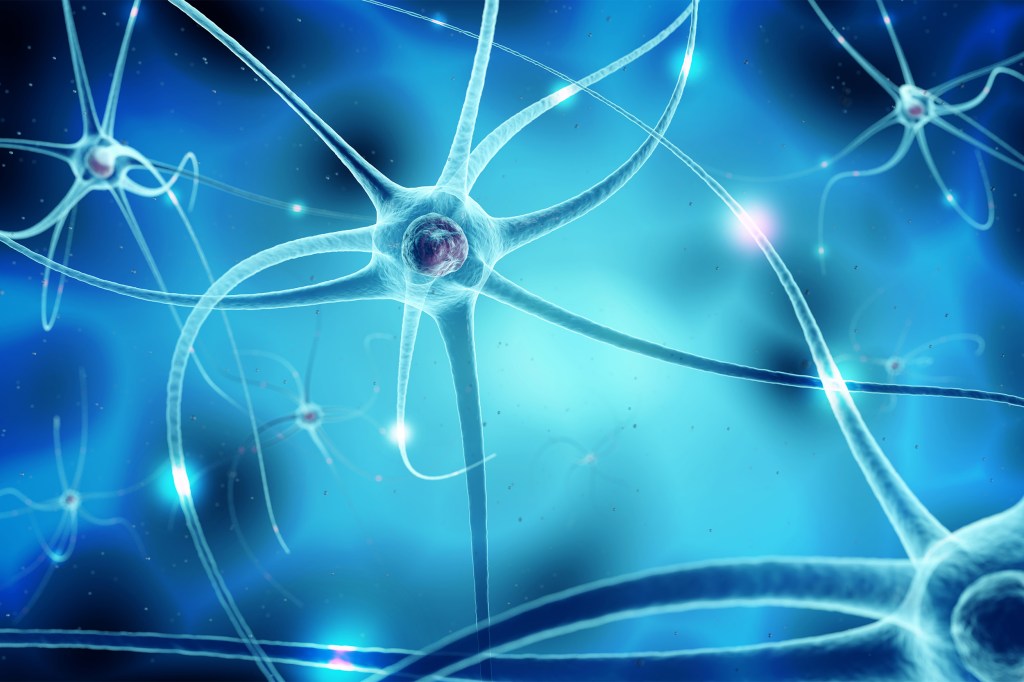
-
CAGEs lock up fats to treat obesity
Harvard researchers have found an orally administered liquid salt — choline and geranate — that can reduce the absorption of fats from food with no discernable side effects in rats, lowering total body weight by about 12 percent.
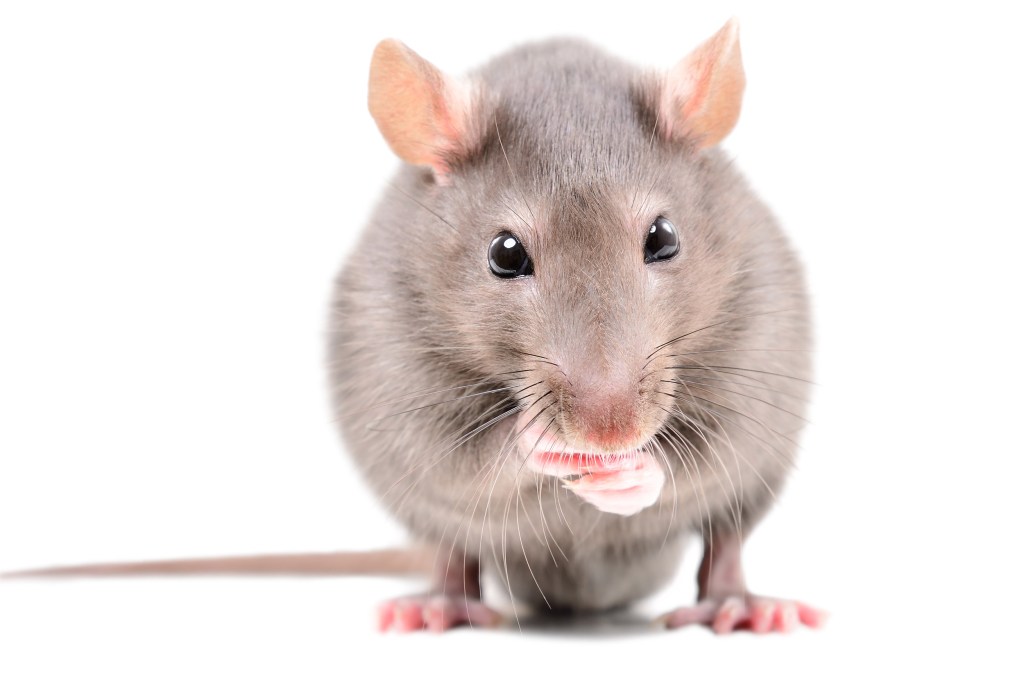
-
A gateway to eating disorders
Young women’s use of diet pills, laxatives for weight control linked with later eating disorder diagnosis.

-
A push to aid healthy aging
The National Academy of Medicine is mounting a Healthy Longevity Global Grand Challenge that seeks to boost innovation on healthier aging.
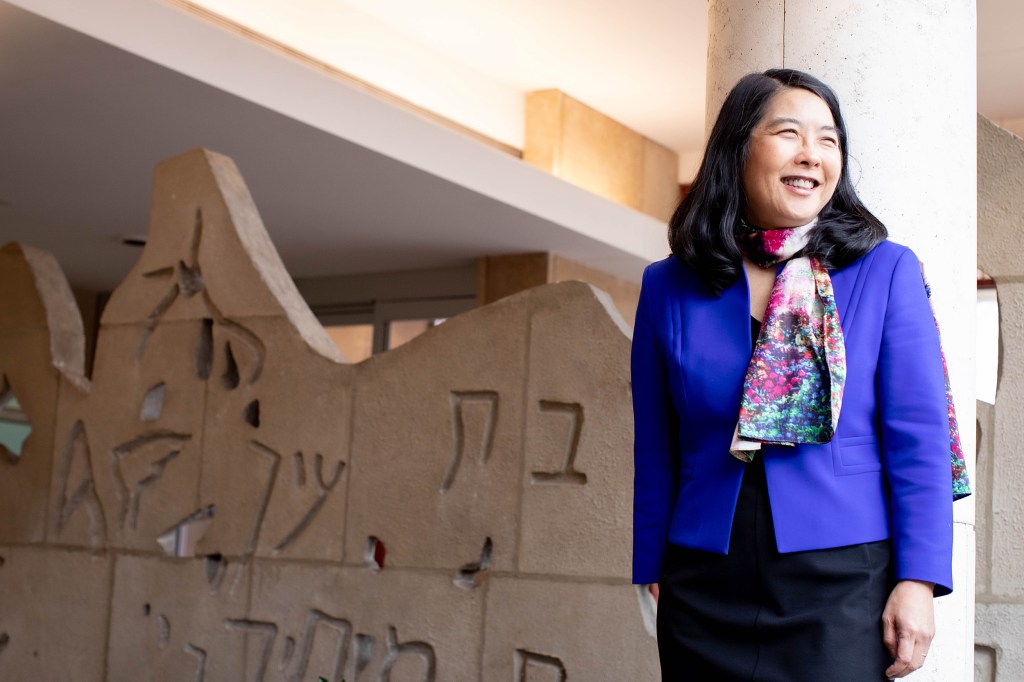
-
Harvard Chan School, Apple, and NIH launch women’s health study
Harvard Chan School, Apple, and NIH have officially launched a groundbreaking study that has potential to become the largest-ever study of women’s health.

-
Faster testing for illicit drugs
The landscape of the illegal drug trade changes constantly, particularly amid the current opioid crisis. Law-enforcement officers regularly find or confiscate pills, powders, and other substances and need to know…
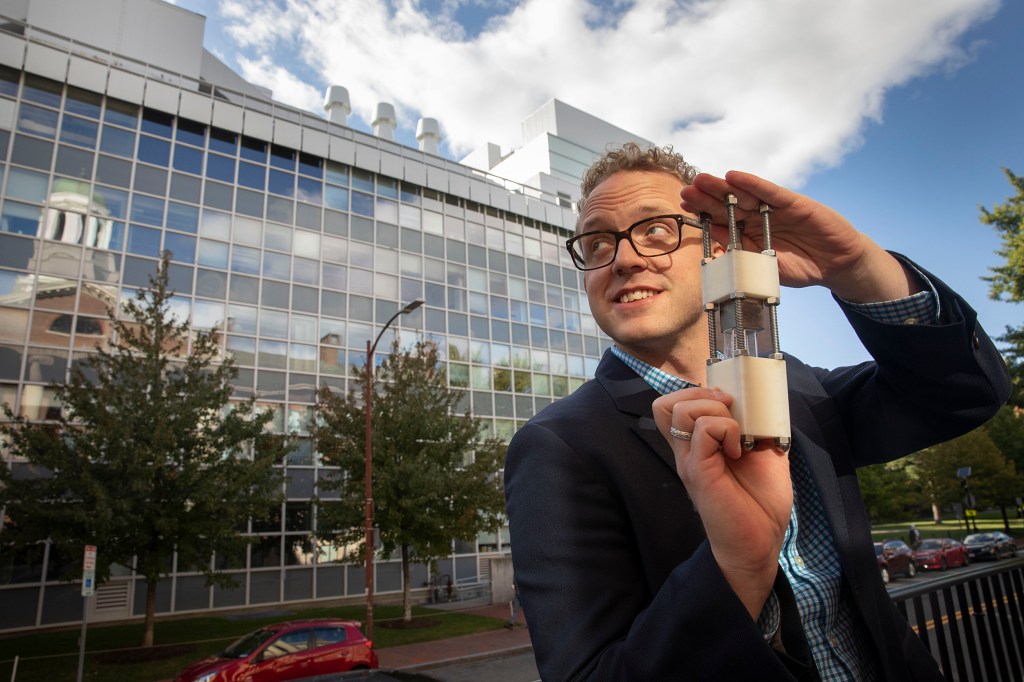
-
Is eating red meat OK, after all? Probably not
Red meat recommendations and meat from plants: Chan School Nutrition Department head Frank Hu talks about recent developments in diet.
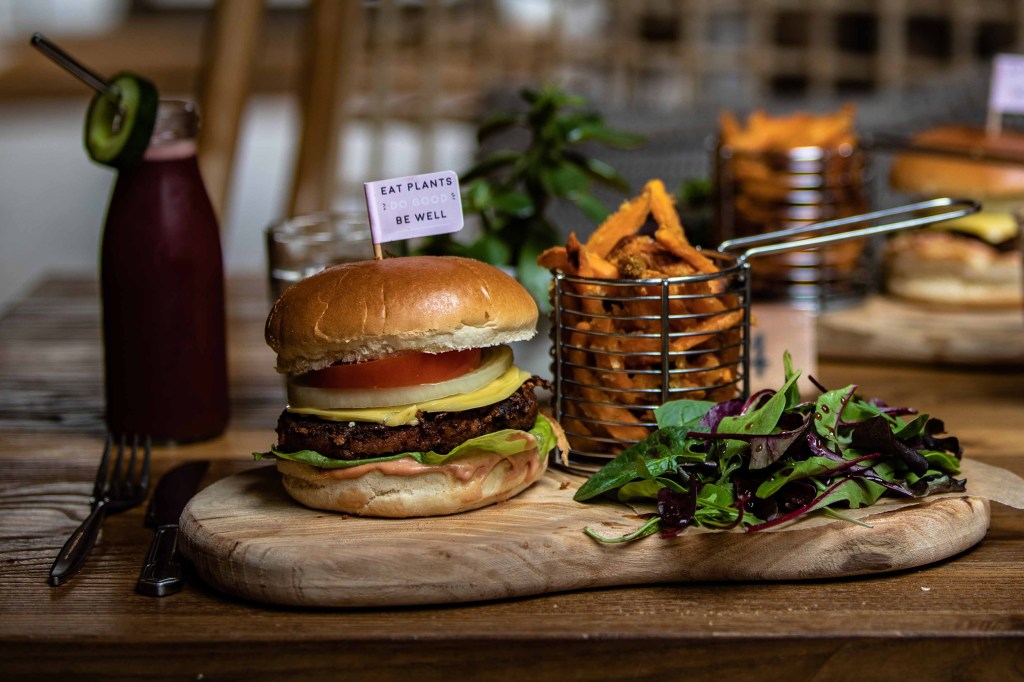
-
Exercise reduces chronic inflammation, protects heart, study says
A new study identifies a molecular connection between exercise and inflammation that takes place in the bone marrow and highlights a previously unappreciated role of leptin in exercise-mediated cardiovascular protection.
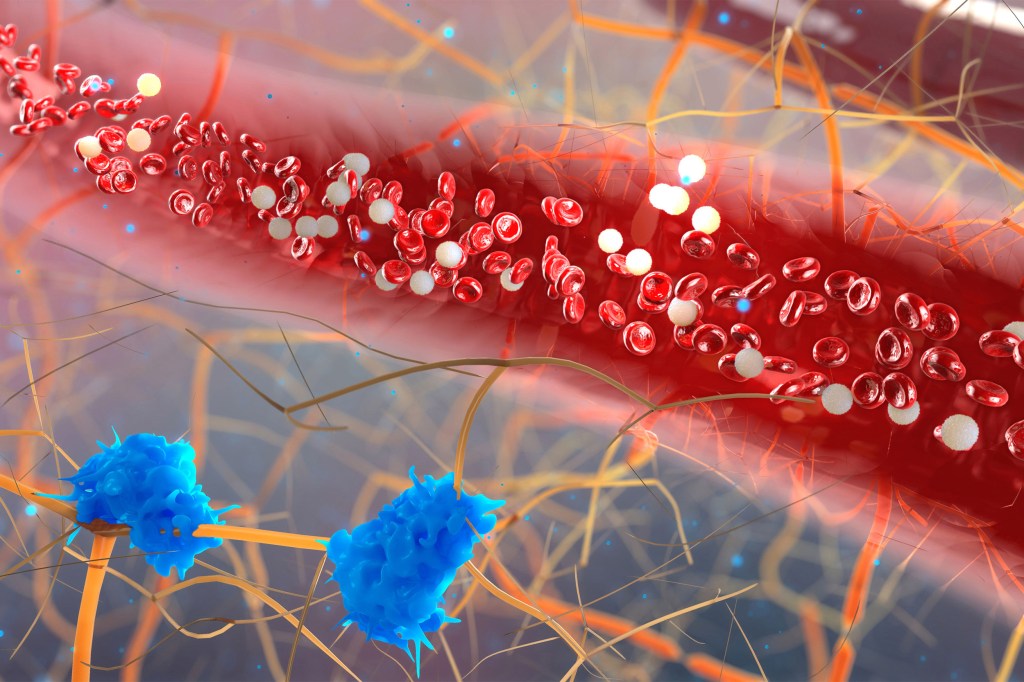
-
Lower risk of depression with elevated exercise
After mining millions of electronic health record data points, researchers found people who were more physically active at baseline were less likely to develop depression, even after accounting for genetic risks.
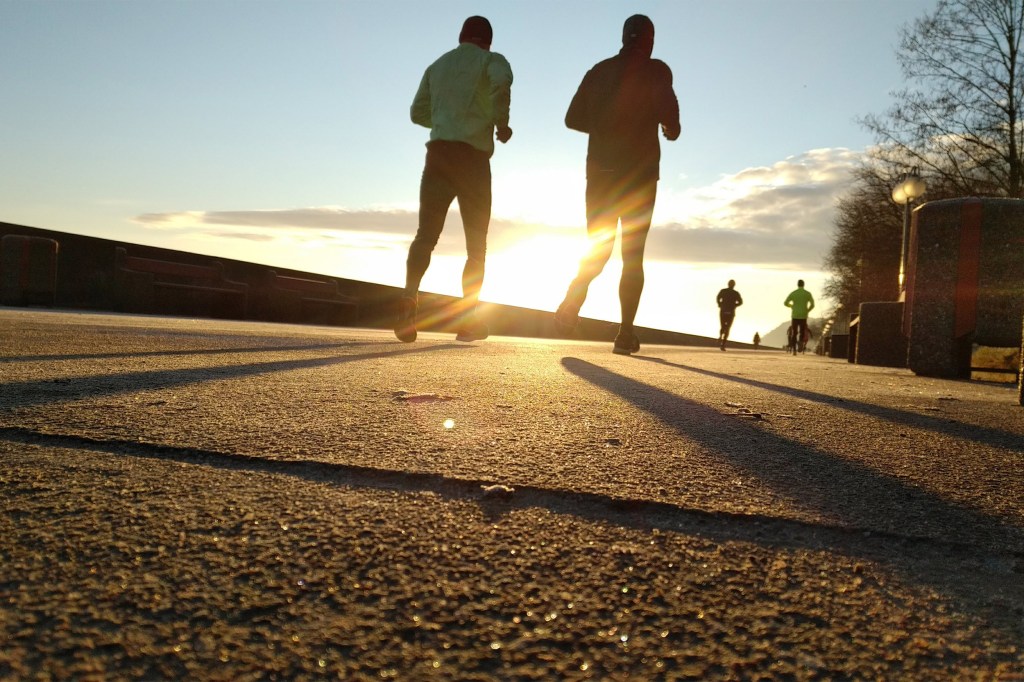
-
Why some people are resistant to Alzheimer’s
A new study provides insights on why some people may be more resistant to Alzheimer’s disease than others.

-
Racial disparities found in culturally competent cancer care
A new study from Harvard-affiliated Dana-Farber Cancer Institute finds that non-white minority survivors are less likely than non-Hispanic whites to be seen by cancer specialists who share or understand their culture.
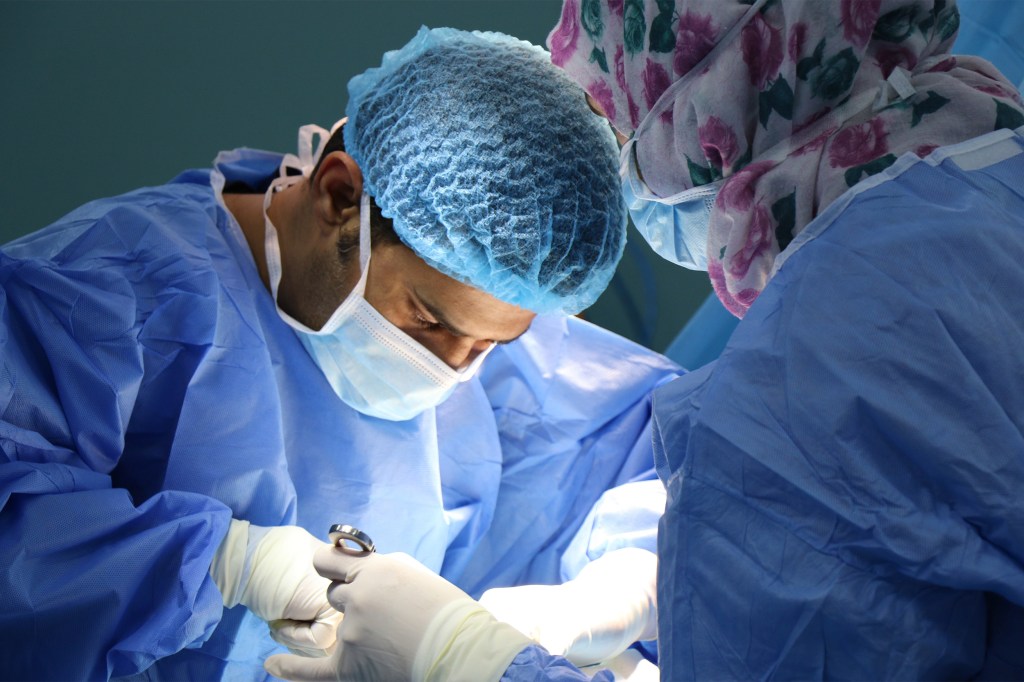
-
How a doctor learned to become a caregiver
Harvard Professor Arthur Kleinman’s wife, Joan, began to struggle with a rare form of early Alzheimer’s disease at 59.

-
Study suggests how measles depletes body’s immune memory
A new Harvard study shows measles wipes out 11 percent to 73 percent of antibodies against an array of viruses and bacteria, depleting a child’s previous immunity, which underscores the importance of measles vaccination.
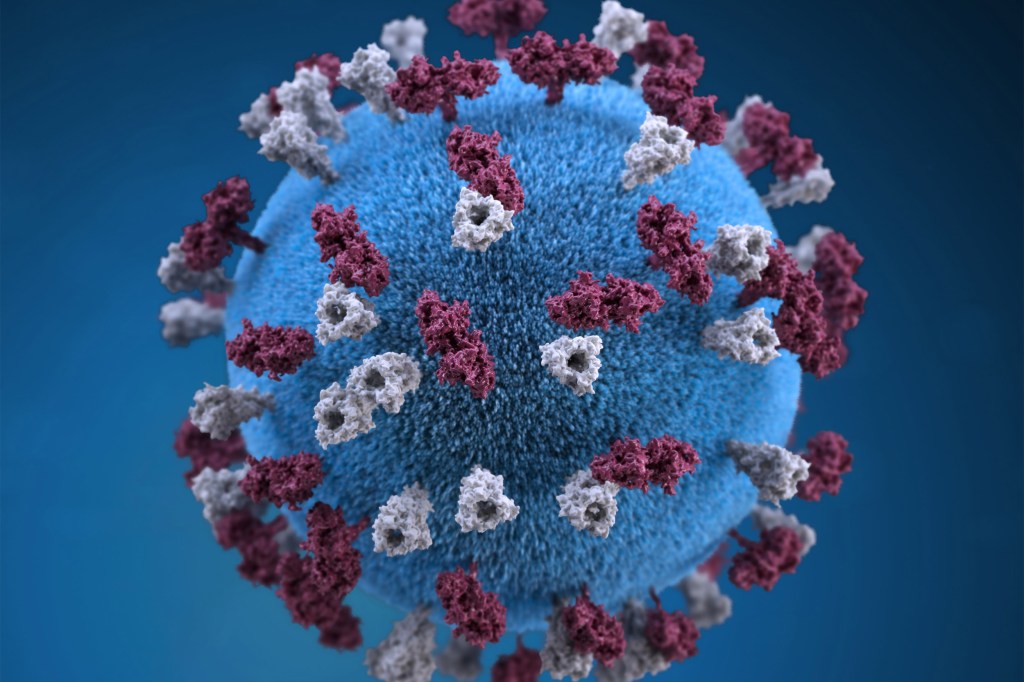
-
Bringing the Bone Box back to life
Countway Library is looking to revive the Bone Box program, which originally let anatomy students check out real human bones.
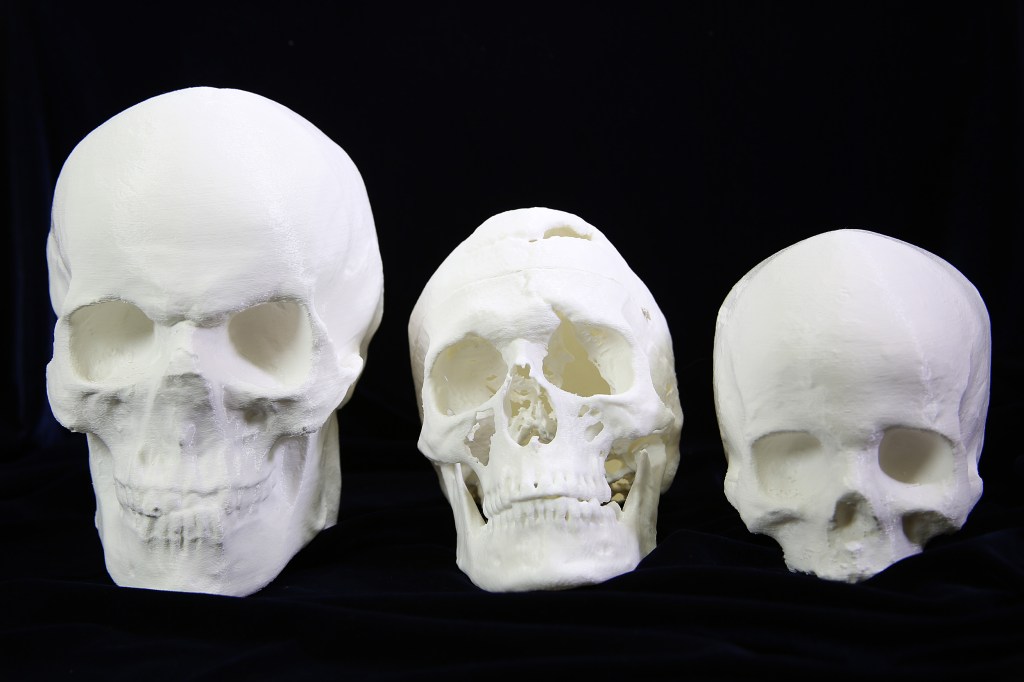
-
Power and pitfalls of gene editing
CRISPR gene-editing technology has conquered the lab and is poised to lead to new treatments for human disease. Experts consider the promise and peril at Radcliffe.
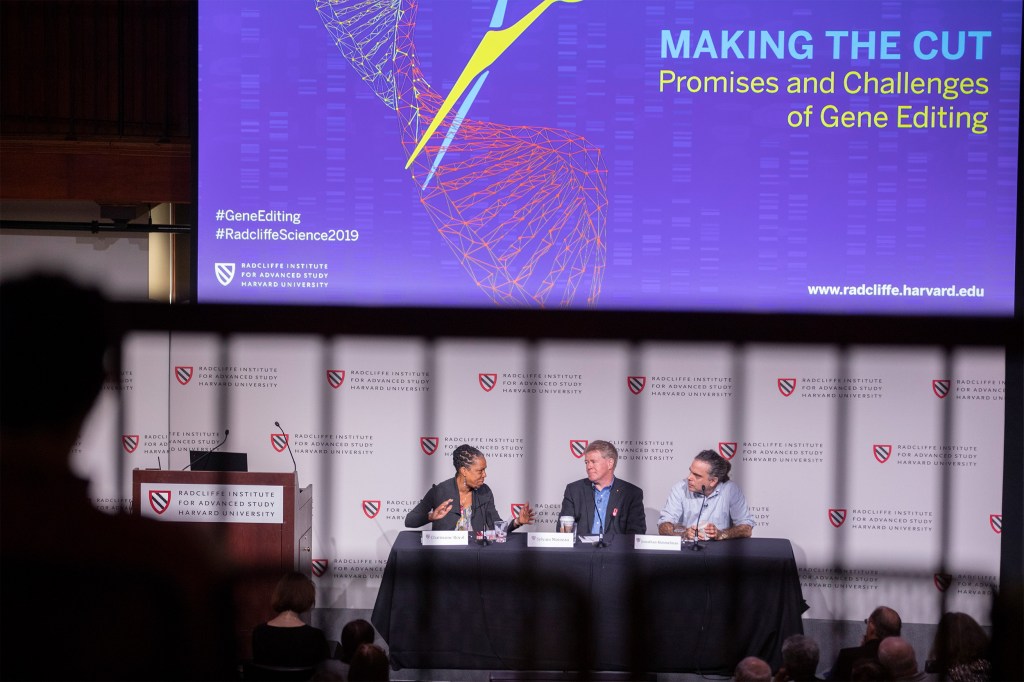
-
A timely triage test for TB
A team of researchers has developed a point-of-care TB test that costs only $2 and gives results in about 30 minutes, lowering the barrier to care in low-resource settings and potentially saving millions of lives.
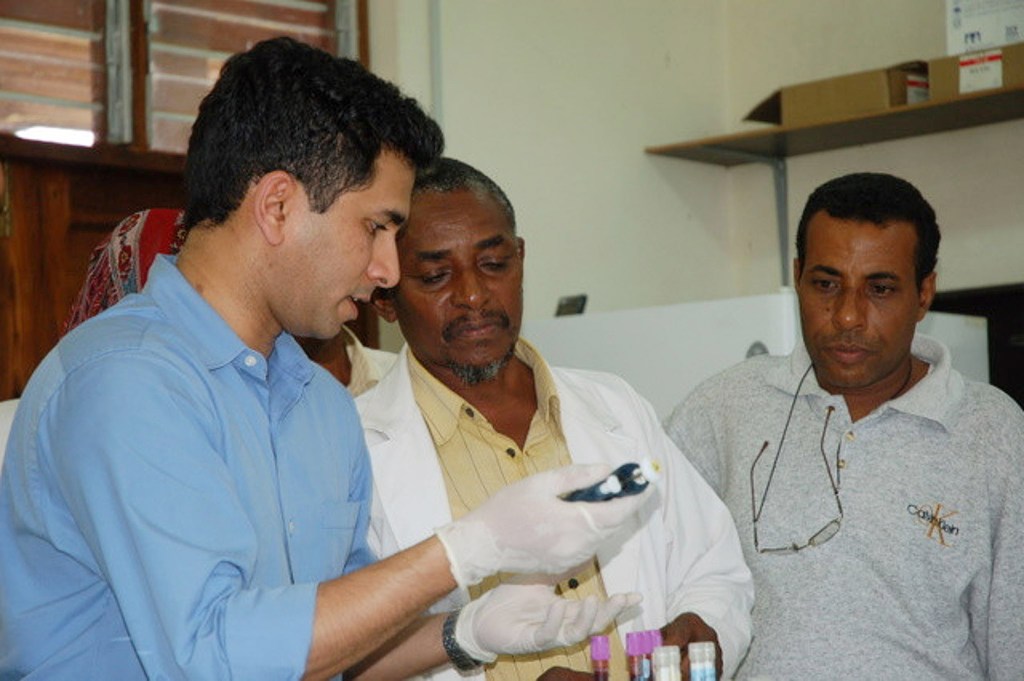
-
The speed of discovery
One year after the Blavatnik Family Foundation announced a $200 million commitment to Harvard Medical School, philanthropist Len Blavatnik spent the day at HMS visiting with scientists to learn more about research taking place on campus.
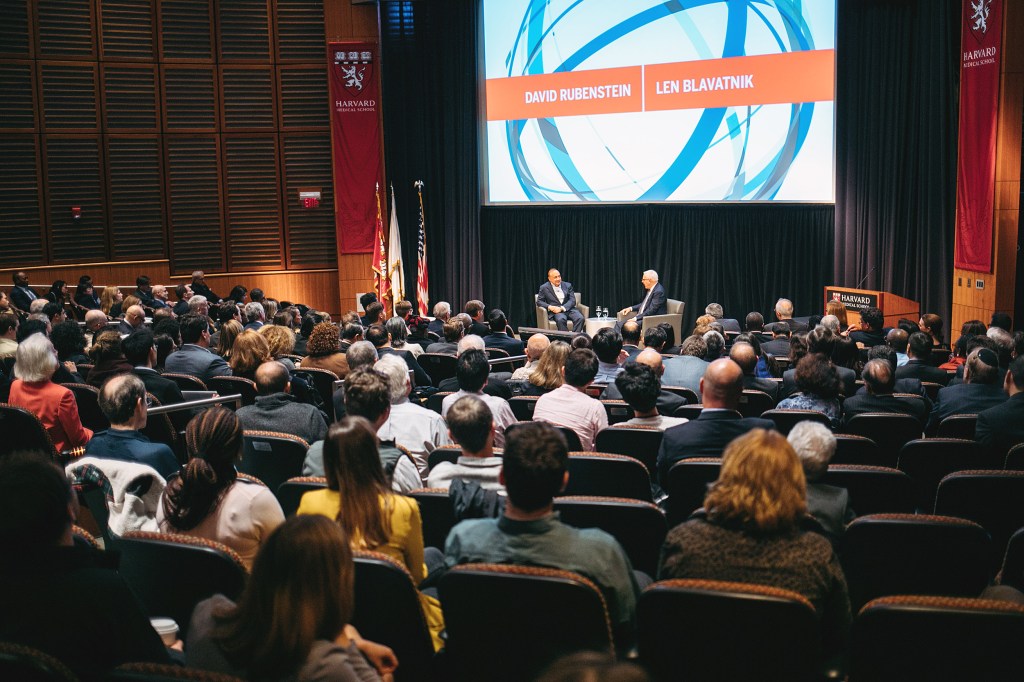
-
Learning not to fear
A study using mindfulness meditation showed changes over time in neural responses to pain and fear. The researchers found that changes in the hippocampus after mindfulness training were associated with enhanced ability to recall a safety memory, and thus respond in a more adaptive way.

-
Stigma of opioids a hurdle to solving crisis
“Can you think of all the tax dollars it’s cost for you to go to detox?” the doctor asked Raina McMahan when she arrived at the clinic in Revere seeking…
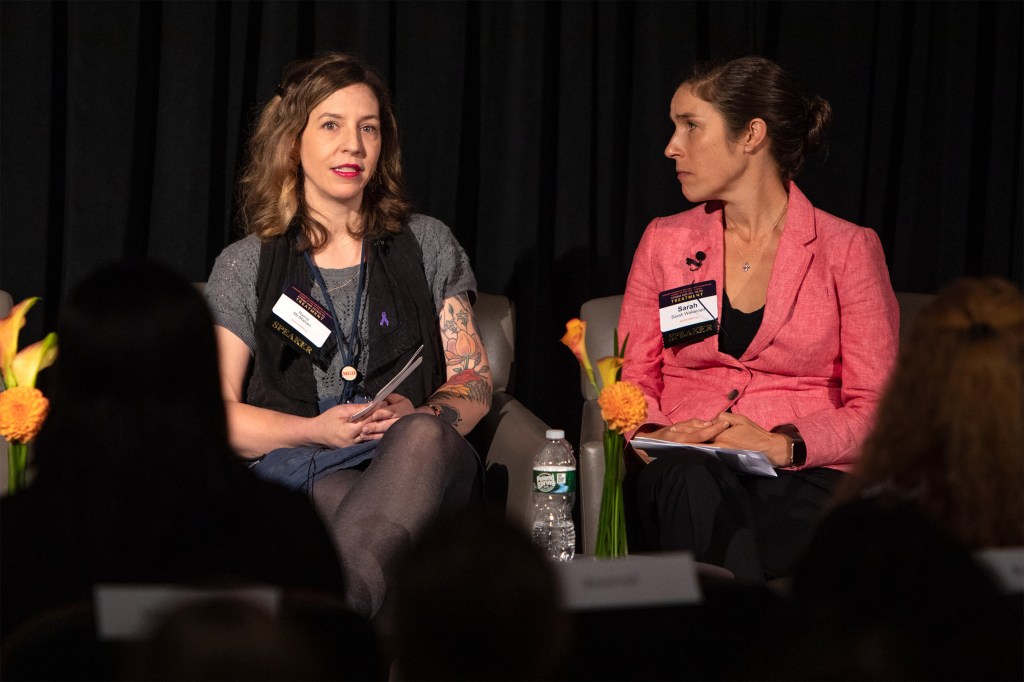
-
Bringing women to the forefront of global health
A Harvard panel on women in the global health workforce examines ways to keep pushing for gender equity.
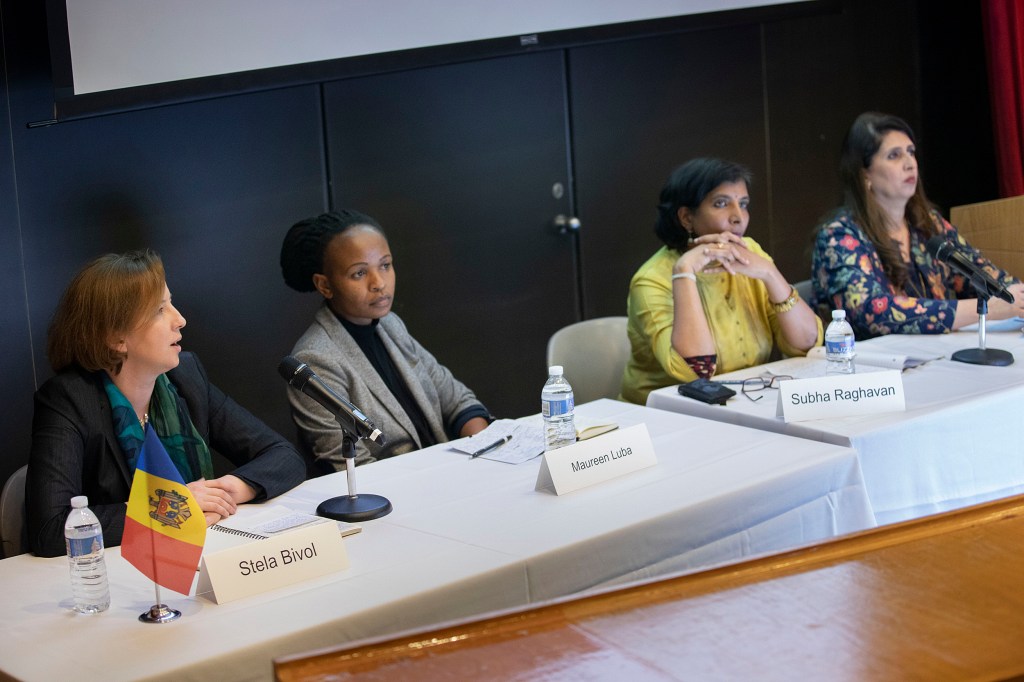
-
Harvard to launch center for autism research
Created with $20 million gift, the Hock E. Tan and K. Lisa Yang Center for Autism Research at Harvard Medical School will aim to unravel the basic biology of autism and related disorders.



